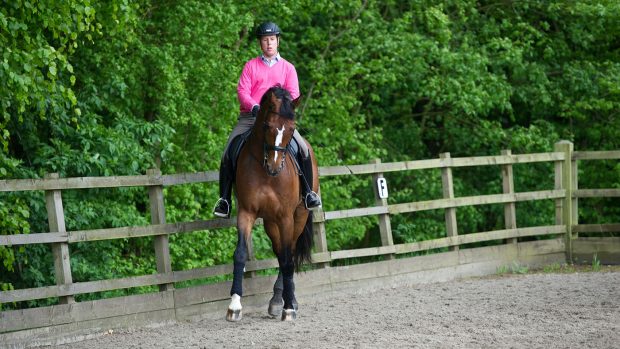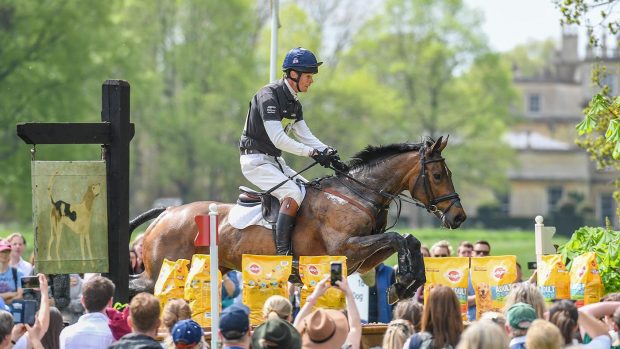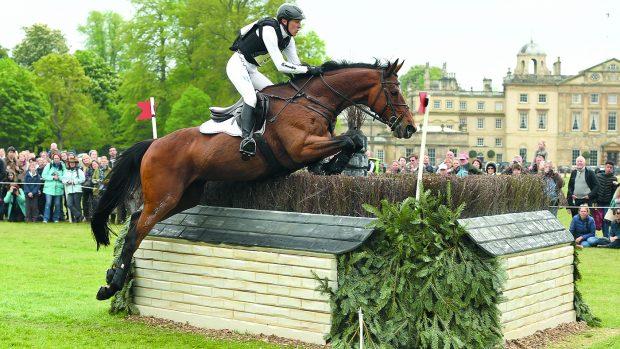British Eventing’s (BE) Baileys Jump Training is a series which runs through the winter months, as both a competition and a training opportunity for grassroots event riders from BE80(T) to BE100 level.
Here we explain how it works and offer some tips to make the most of your visit to Jump Training.
Before the event
1. What to wear: this a confusing one because this is both a competition and a training session — should you wear beige/white breeches or coloured? A jacket or a sweatshirt? The answer is that you should dress as for the showjumping phase of a BE horse trials and your horse should be clean and neatly turned out, but most people don’t plait.
2. How the times work: a couple of days before the event, the BE website will display your times for the course walk for your class, your six-minute jumping warm-up with a BE-accredited coach and your competition rounds (immediately after the warm-up).
3. Go prepared to hang around — with times given in advance, you will know when you are jumping and there may well be a couple of hours between the course walk and your warm-up time, so make sure you take food (for you, and a haynet and water for your horse) and warm clothes.
The course walk
4. Arrive in time to take part. This is a guided trip round the track on foot with one of the two coaches and is a valuable opportunity to learn (find out who the trainers are at each 2018 competition).
5. Make sure you get up near the front so you can hear.
The warm-up
6. Riders have the opportunity to warm up on the flat on their own before their six-minute session with the warm-up coach. Make sure your horse is physically suppled up, as well as being mentally alert and off your leg.
7. Be prepared to give the coach a quick summary of your current aims and anything you want to work on (he doesn’t need your life history — or your horse’s).
8. Be open-minded with the coaches in the warm-up and the competition ring — they have a clean slate with you and your horse, so may be able to offer something new beyond what your regular instructor tells you, or just say it in a different way to make you think.
Article continues below…
You might also be interested in:

Subscribe to Horse & Hound magazine today – and enjoy unlimited website access all year round

‘Mixed emotions’ as top British event horse sold abroad
‘I’m extremely happy to see him go to a lovely home’

New grassroots team eventing competition for adults
Adults will have the chance to compete as part of a team in British Eventing’s new competition, which will be
The competition
9. You will jump round the course once, then receive feedback from the second coach, then jump again. Both rounds are marked for five different style and performance areas (horse’s balance and rhythm; horse’s paces and quality of the jump; rider’s ability present the horse correctly to the fence and ride accurate lines; rider’s position, balance and the ability to follow the horses movement over the fence; harmony between horse and rider) and these scores are added to jumping faults to give the final penalty score.
Remember that the rounds are a competition, although it feels like a training environment — if something goes wrong, such as a stop, it’s up to you to decide what to do next. Don’t wait for the coach to give advice.
For all the latest news analysis, competition reports, interviews, features and much more, don’t miss Horse & Hound magazine, on sale every Thursday.




